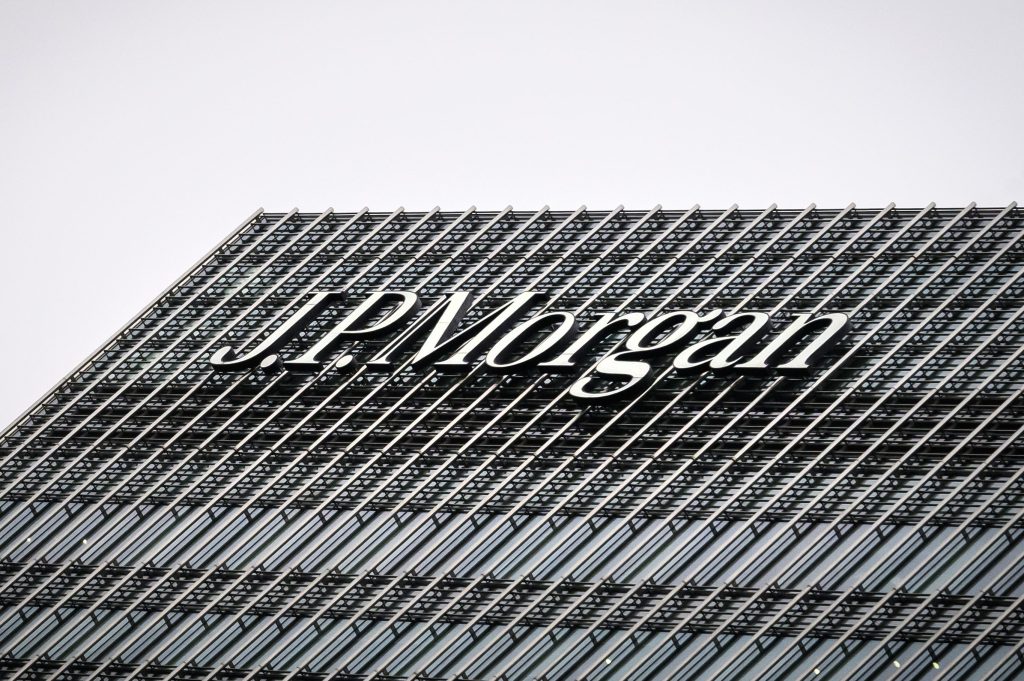Two affiliates of JPMorgan Chase & Co — JPMorgan Securities (JPMS), the firm’s brokerage unit, and JPMorgan Investment Management (JPMIM), which oversees its mutual funds — have agreed to pay $151m in combined civil penalties and voluntary payments to investors to settle four enforcement actions brought by the SEC.
The affiliates did
Register for free to keep reading
To continue reading this article and unlock full access to GRIP, register now. You’ll enjoy free access to all content until our subscription service launches in early 2026.
- Unlimited access to industry insights
- Stay on top of key rules and regulatory changes with our Rules Navigator
- Ad-free experience with no distractions
- Regular podcasts from trusted external experts
- Fresh compliance and regulatory content every day












